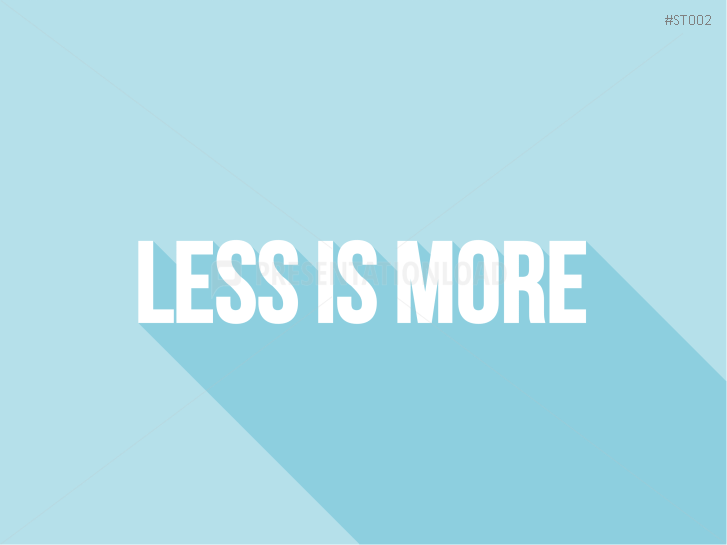Believe it or not, it is MORE challenging to write a concise, informative document than something detailed and lengthy. This is particularly true when it comes to resumes.
Most of the time, resumes and cover letters are skimmed at first glance. They are not read fully. Since you have very little time to convince a reader that you should be invited in for an interview, it’s imperative to communicate your key accomplishments and skills clearly, prominently, and quickly.
Employers and recruiters want to be able to quickly recognize what type of work you are pursuing, and if you are qualified. Being too general is counterproductive because hiring managers and recruiters do not have the time or do not want to make the time to figure out if you are a fit.
Resume – Purpose
The reader of your resume does not want an overly detailed description of each past position. Yes, they are interested in your ability to do the role, however, they do not need a play-by-play of each task.
The resume’s role is to show initial fit before the interview. It is during phone, video, or in-person interviews that you will have the opportunity to elaborate on what is already mentioned in the resume.
This elicits questions of how to fit everything in a resume that could be relevant or important, such as:
How will I explain everything I have accomplished?
It is not necessary to do so. The resume is for showing fit for your target job and key differentiators, including accomplishments, but it is meant to be a steppingstone to the interview. High-level descriptions of past jobs will still give readers an overview of your background.
What if I have had a long career with decades of experience?
Your most recent positions are usually the most relevant to a prospective employer, so early roles can be condensed or eliminated.
What about all my specific technical knowledge?
It is important to remember that fit for the job is the priority. If you are searching for an Executive level role in IT, your hands-on programming experience will be less relevant than it would be to someone applying for an individual contributor or manager position. If certain technology is significantly outdated and no longer used, you can probably remove it from your resume.
How can I possibly fit everything on one page?
The one-page resume rule is a myth. It usually makes sense for people earlier in their careers to have a one-page resume, however it is acceptable for senior-level professionals to have one and half to two-page resumes.
Highlighting key words and achievements without being too wordy is the approach to writing a great resume. The “less is more” mentality can be the difference between an employer overlooking key accomplishments from your background and quickly seeing the value you will bring to their organization. When writing your resume, the focus should be on quality, not quantity.

